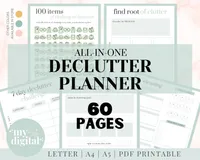4 things you should never declutter first when tackling a messy home
Starting in these four places when decluttering sets you up for failure, professionals warn

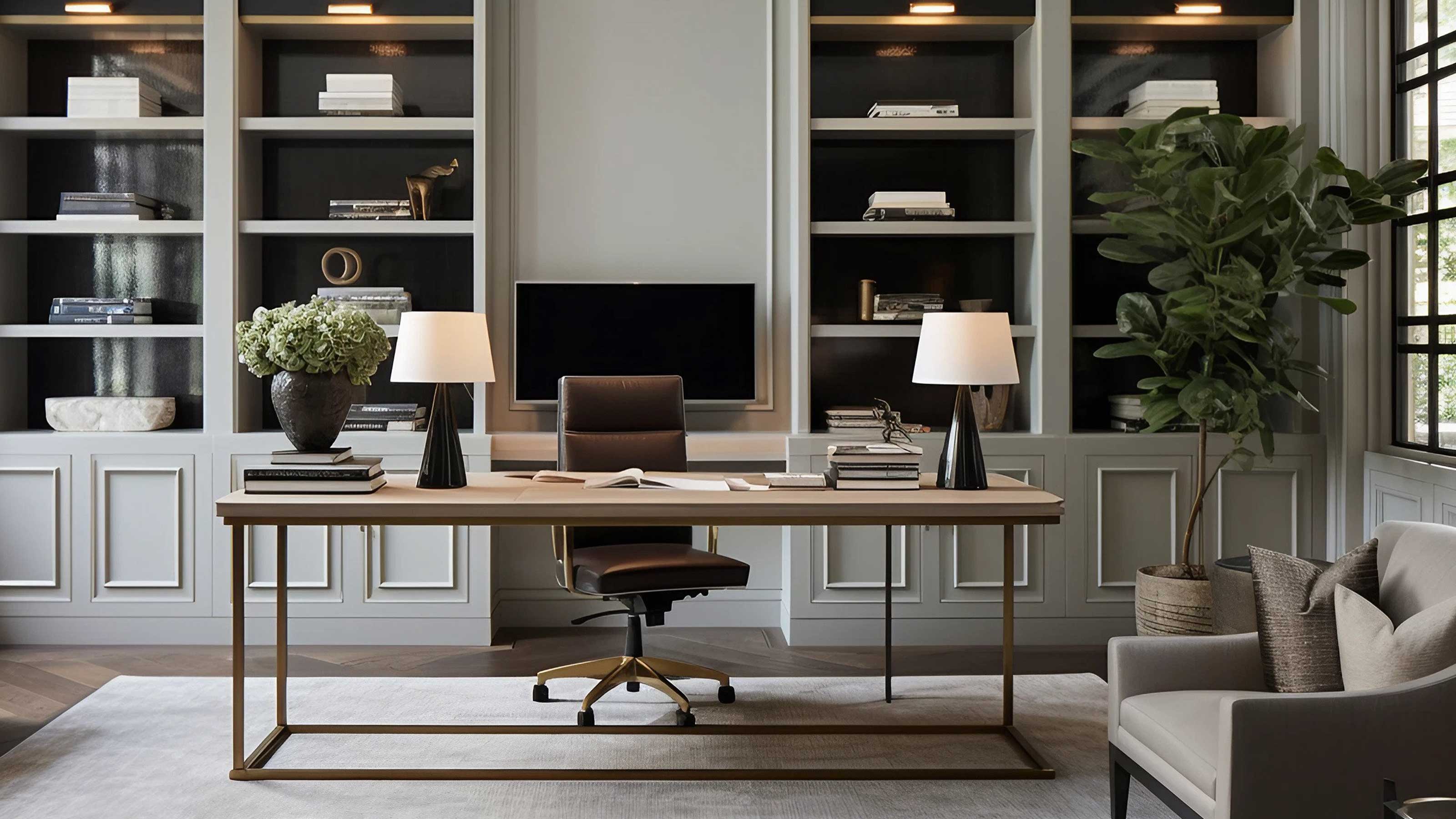
It can be hard to know where to start when decluttering your home, and it can differ from person to person depending on your needs and the state of your home.
The most important part of setting yourself up for a successful decluttering session may surprise you. It's not necessarily knowing where to start but knowing what to avoid when you start. Understanding this will allow you to sidestep decluttering when you feel overwhelmed or burned out.
These are the four things you should never declutter first, according to professional organizers, and why it can make or break a decluttering session.
Things you should never declutter first
Although it can seem counterproductive to think about what you shouldn’t do before you declutter, laying out some boundaries as you start out is a great decluttering tip to prevent you from getting decision fatigue.
1. Sentimental items
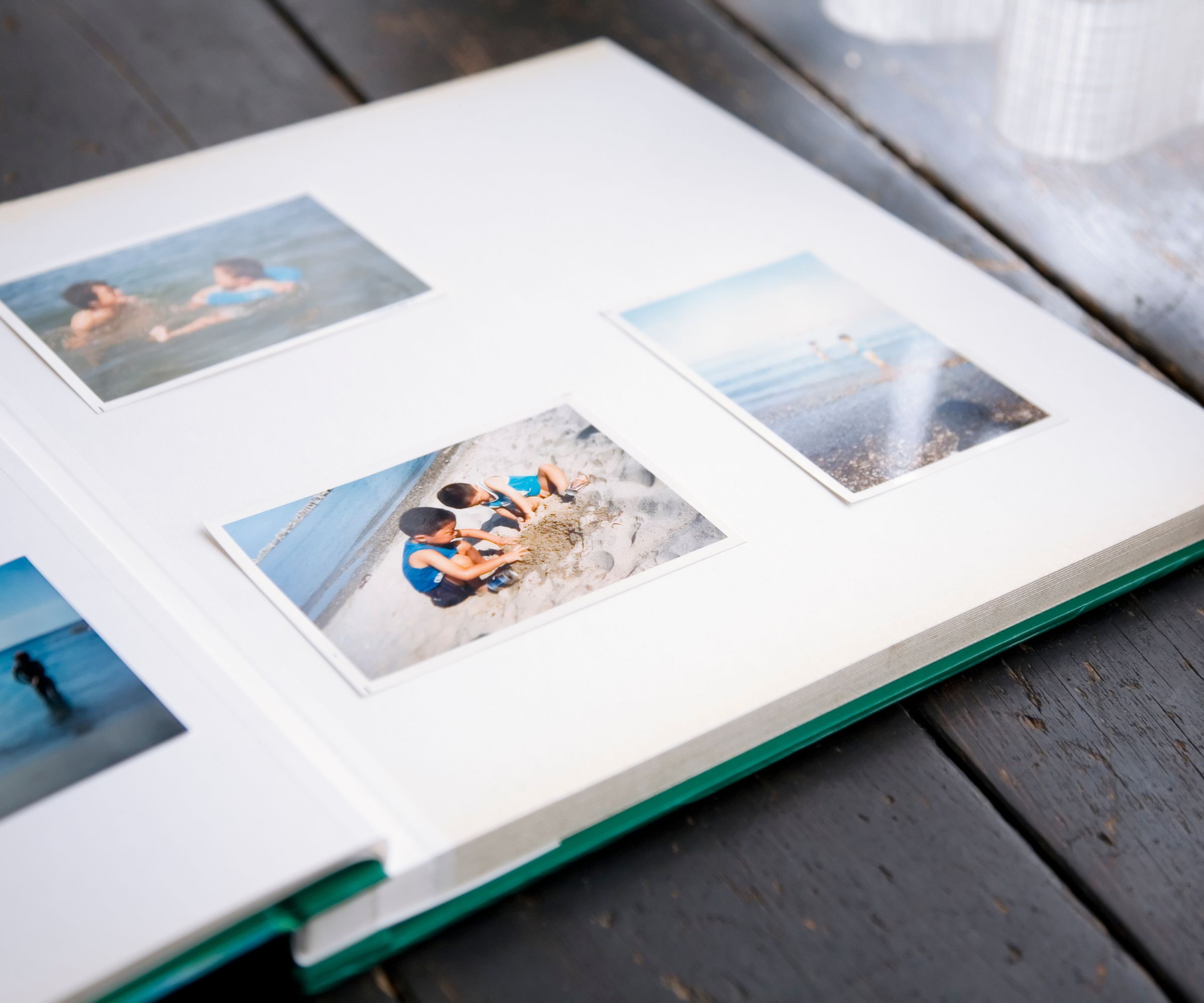
It should go without saying that decluttering sentimental items is one of the most difficult home organizing tasks. Our strong emotional attachment to items means this can be a draining task that can quickly zap all of your energy, stopping you from continuing to declutter the rest of your home, says Lauren Saltman, professional organizer and founder of Living. Simplified.
‘Items such as family memorabilia, children's toys, favored books, and any item, such as a wedding dress, that you have strong emotional ties to should be left until last, or left in storage if you have the space,’ she says. ‘You might also find it hard to declutter school books and notes, photos, books, family heirlooms, and hand-written notes.’
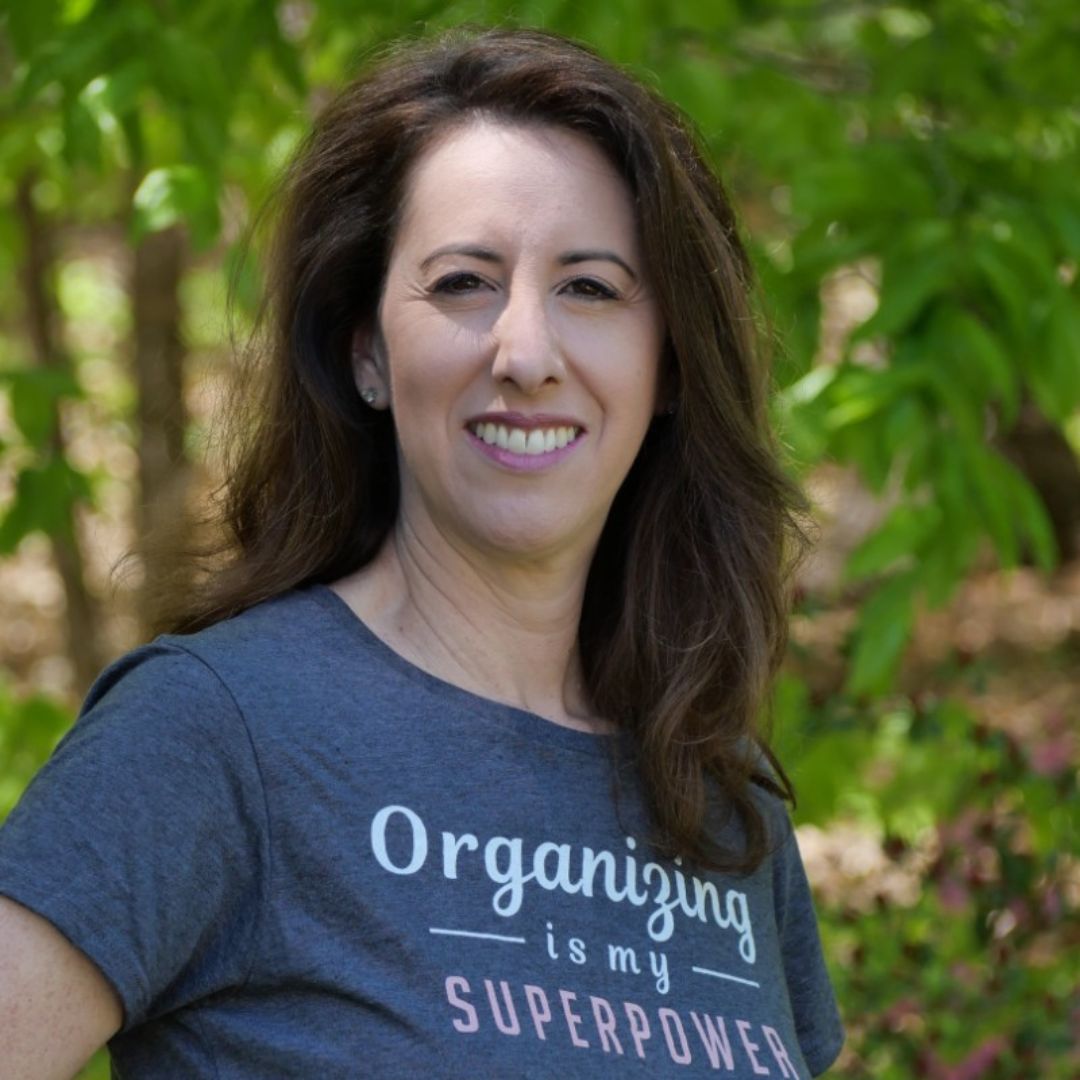
For Professional Organizer Lauren Saltman of Living.Simplified., decluttering and organizing is how she lives her daily life, whether she is organizing her home, a friend’s office, or a client’s garage, her resourceful approach yields happy clients who learn to incorporate techniques for a happier and more simplified lifestyle.
2. Important documents
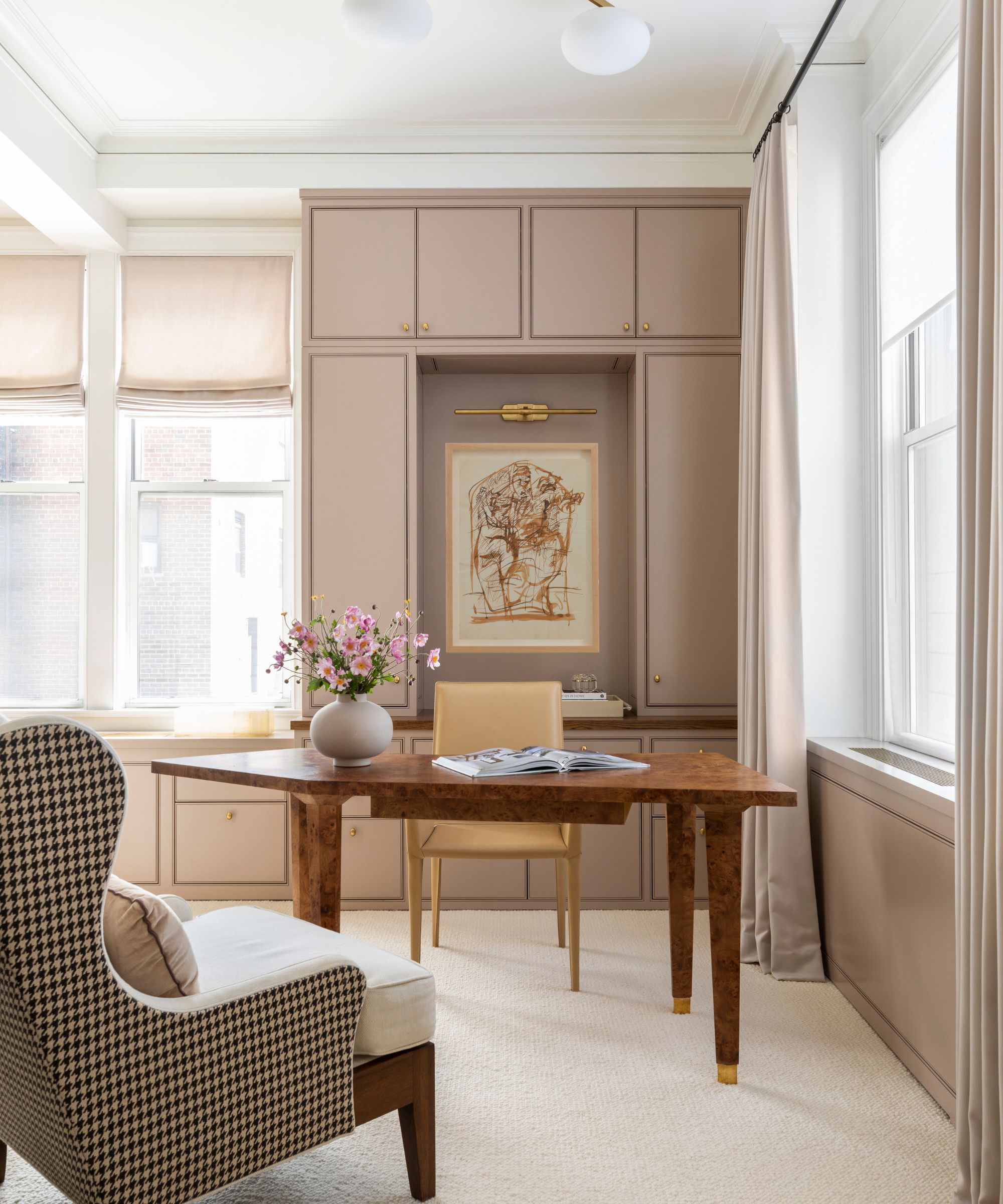
When we first start decluttering, we can feel energized and empowered to make a big dent in our household clutter. 'Starting by getting rid of paper clutter is a good practice if you want to cut down on junk mail, but you should refrain from tossing any important documents as your first port of call,' warns Kim Corey, professional organizer and founder of Finely Sorted Organizing:
Design expertise in your inbox – from inspiring decorating ideas and beautiful celebrity homes to practical gardening advice and shopping round-ups.
‘If you are new to decluttering, don't start with anything sentimental or that may have a vital impact on your life if gone, such as important documents,' she explains. 'You may require an expired passport for some administrative task or an old tax return to answer an employment question.
She recommends decluttering these areas when your finances, emotions, goals, and priorities are clear and solid, and you have done due diligence about their significance by researching or consulting a relevant professional.
These items should always be stored in a safe location like your home office or at least digitized in a secure location for future reference if you absolutely need to cut back on physical items.

Starting in 2000, Finely Sorted Organizing, LLC has been helping people declutter, downsize, rightsize, and rearrange their homes for over two decades. In her role, Kimberly helps to ease anxiety and feelings of frozen immobility caused by the lack of systemization in a world filled with curve balls.
3. Containers and bins
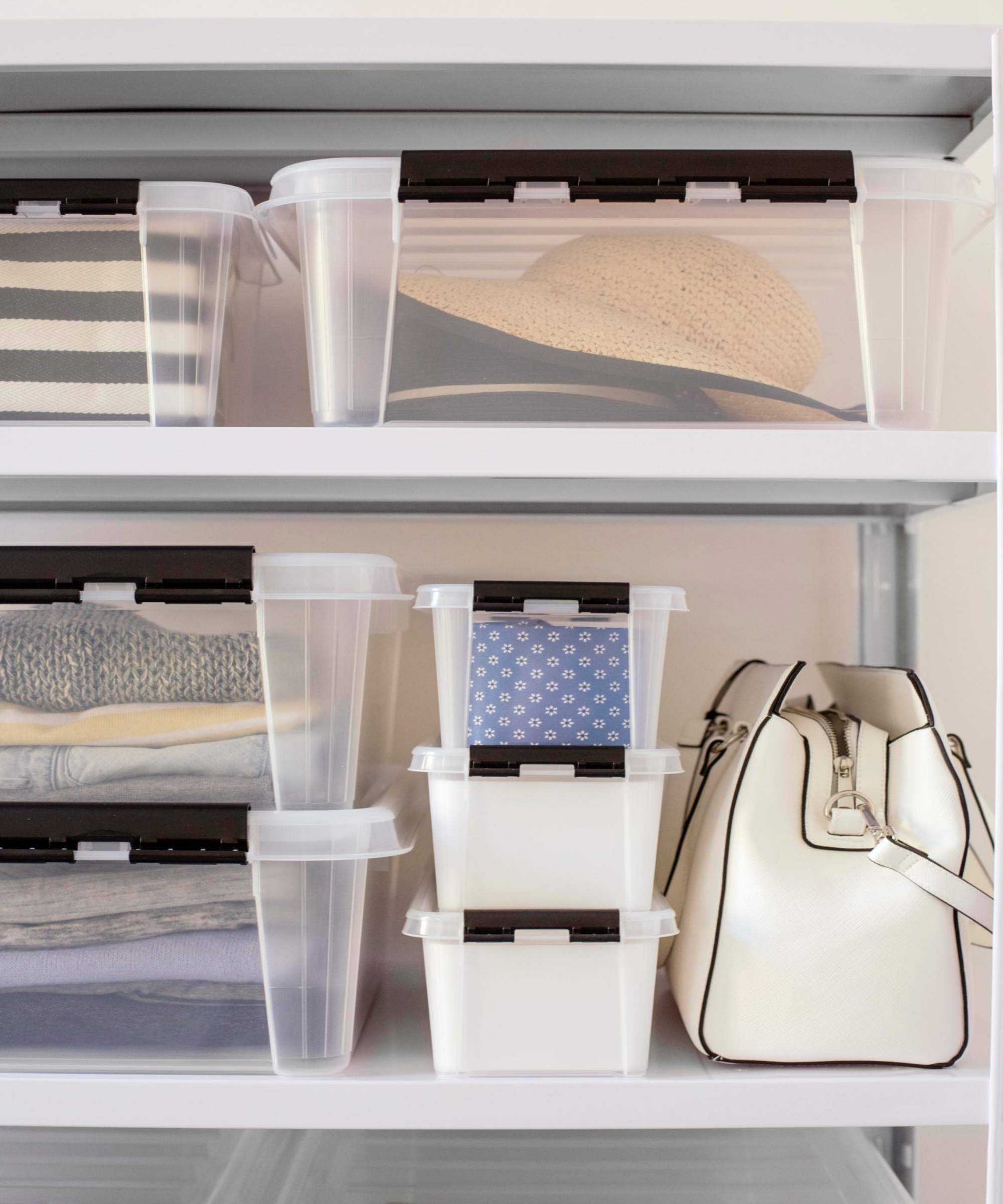
When clearing our home storage, it can be satisfying to get rid of empty bins and containers as you declutter their contents, especially if they are making a room look really messy.
However, Amelie Saint-Jacques, professional organizer and founder of Amelie Organizes, suggests keeping hold of these organizers until last to ensure they cannot be used elsewhere in your home.
‘Just because you are no longer using it in a specific place doesn't mean it's become useless – it might come in handy later! For example, a small box and its lid can be great drawer dividers, and a shoebox can be perfect to corral snacks in the pantry,’ she shares.
‘That being said, once you are done decluttering, if you still have no use for organizing supplies, it is fine to donate them at that point.’

Amélie Saint-Jacques is a certified KonMari Consultant and professional organizer based in San Antonio. She has years of experience in professional tidying.
4. Clothing
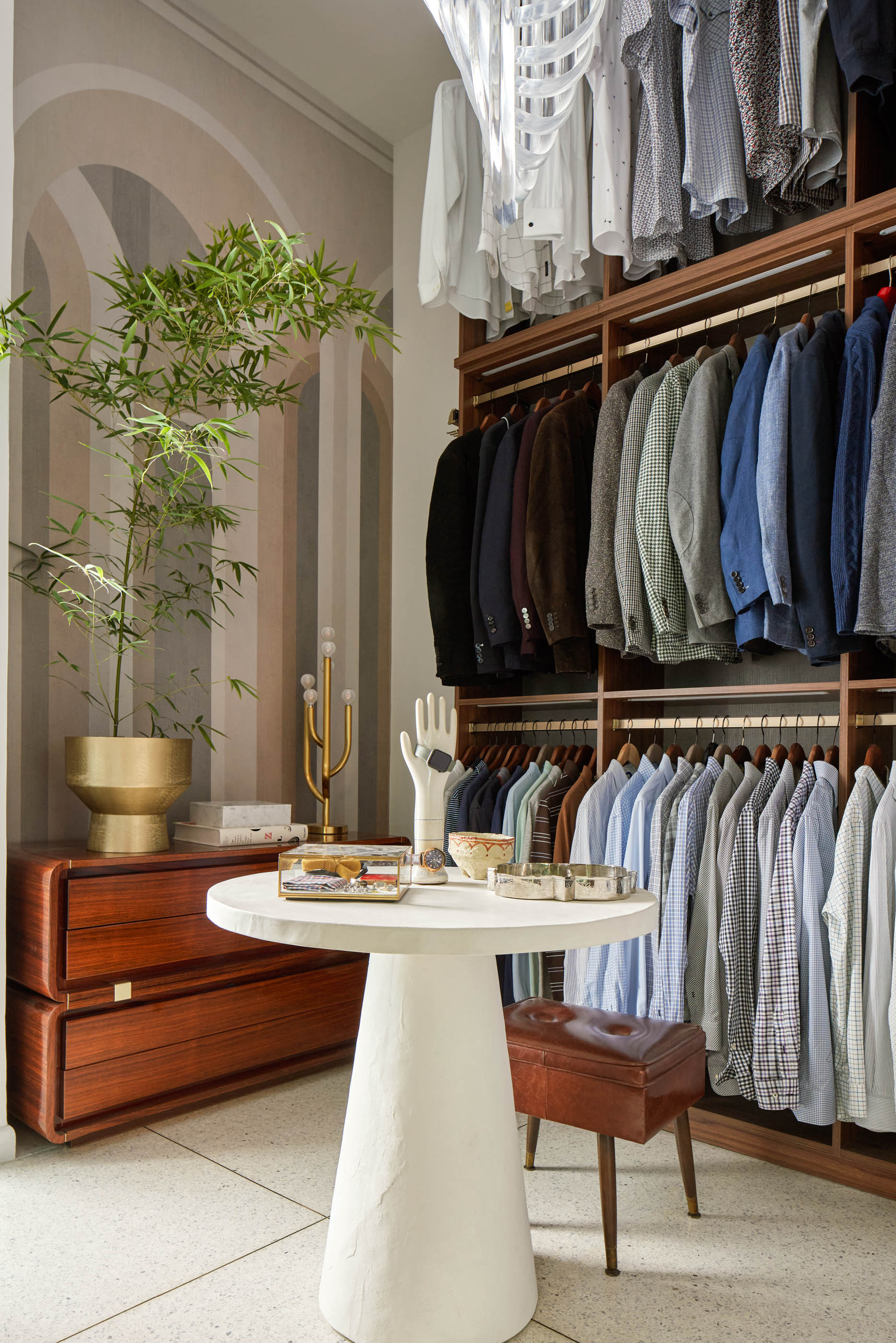
Decluttering a closet is perhaps what most of us first think of when decluttering a home, but like sentimental items, this space can be physically and emotionally draining – meaning it is best left for later, says Amy Bloomer, professional organizer and founder of Let Your Space Bloom.
‘This can be especially intimidating for people who aren’t as confident because it involves trying things on and being diligent about keeping only items that fit well and are stylish,’ she explains. ‘It's better to start with accessories such as shoes, purses, belts, hats, socks, etc. and work up from there.’
If you are struggling to declutter clothes, consider enlisting a trusted friend or family member for support and advice when picking through and trying on your garments.
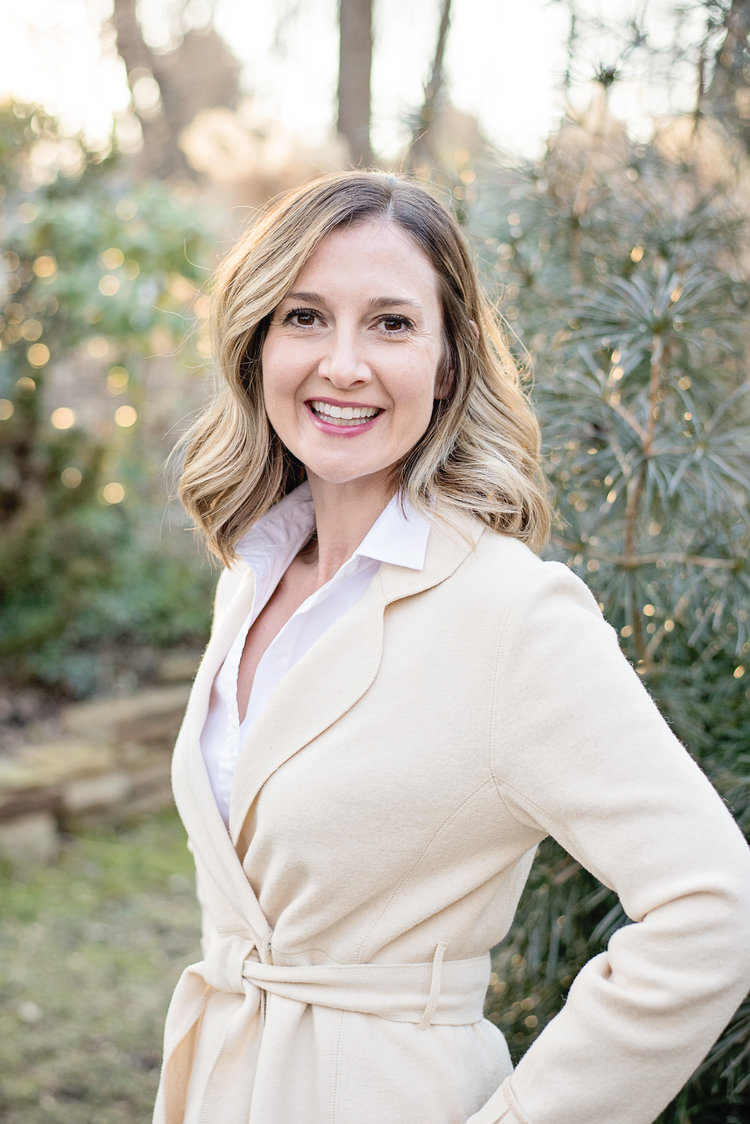
Amy Bloomer owns Let Your Space Bloom, a home-organizing company. She's been in thousands of homes, helping families, professionals and retirees to transform their space, and in turn, their lives.
All-in-One Declutter Planner | View at Etsy
This printable decluttering planner is all you need to help tackle your home's mess without missing a step. It is perfect for both keeping track of your belongings and starting your first big clearout.
FAQs
How do I get better at decluttering?
One of the best ways to get better at decluttering is to practice the habit regularly, working up from smaller, more manageable tasks to bigger projects such as sentimental items and large areas like attics and basements. Try different decluttering hacks and techniques to get a grasp of what works best for you until you have a set method that you can apply all over your home for repeatable results.
What to do when you are overwhelmed with clutter?
When you feel overwhelmed by clutter, it is best to start small and tackle areas of your home filled with everyday items and trash that are simple to clear away. Your kitchen and bathrooms are good examples of this, as they are most commonly covered in items that can quickly be put away somewhere close by, thrown out, or donated. Making small dents in piles of clutter and tidying when overwhelmed can make you feel less stressed and encourage you to continue around your home.
With these common categories off-limits, where is the best place to start decluttering? Lauren Saltman, a professional organizer, recommends choosing categories that are easy to make quick decisions about, such as decluttering a kitchen. ‘Get rid of expired food, take-out menus (usually available online), leftovers that are more than two days old, duplicate cooking utensils, pots, and pans that you don't use,’ she suggests.

Chiana has been at Homes & Gardens for two years and is our resident 'queen' of non-toxic living. She spends most of her time producing content for the Solved section of the website, helping readers get the most out of their homes through clever decluttering, cleaning, and tidying tips. She was named one of Fixr's top home improvement journalists in 2024.
